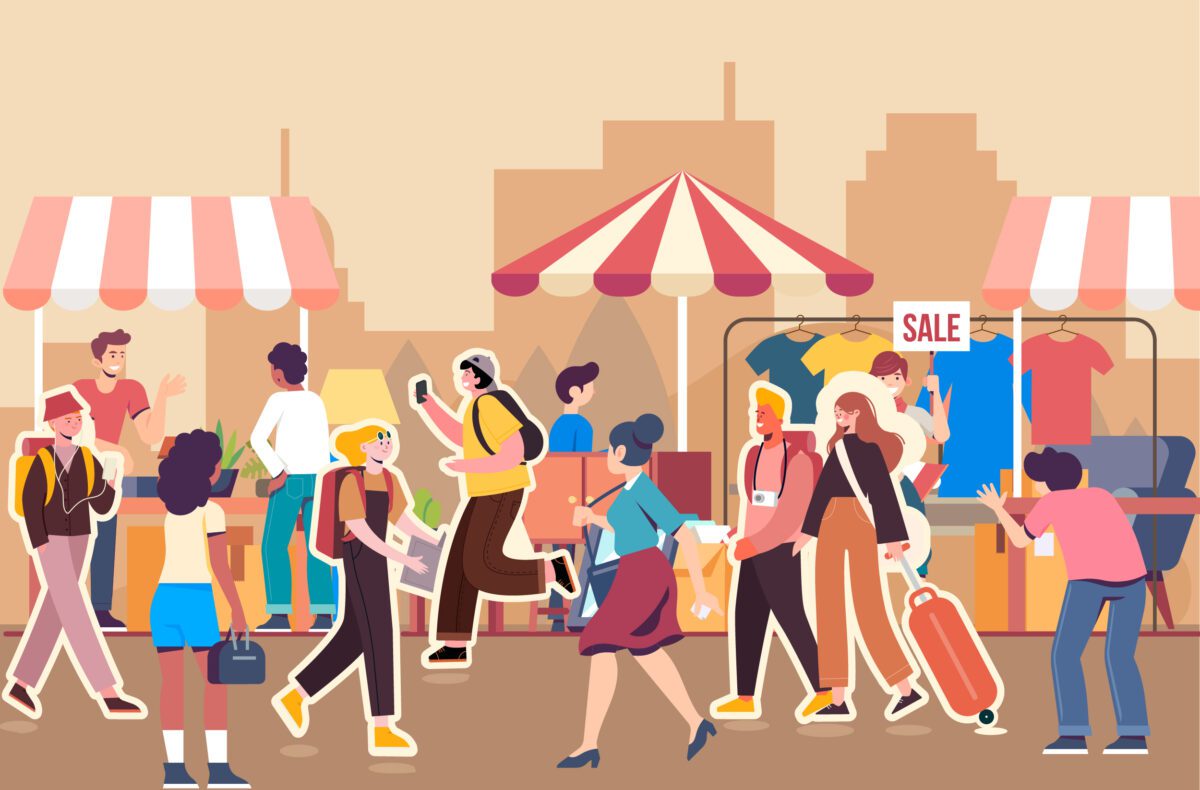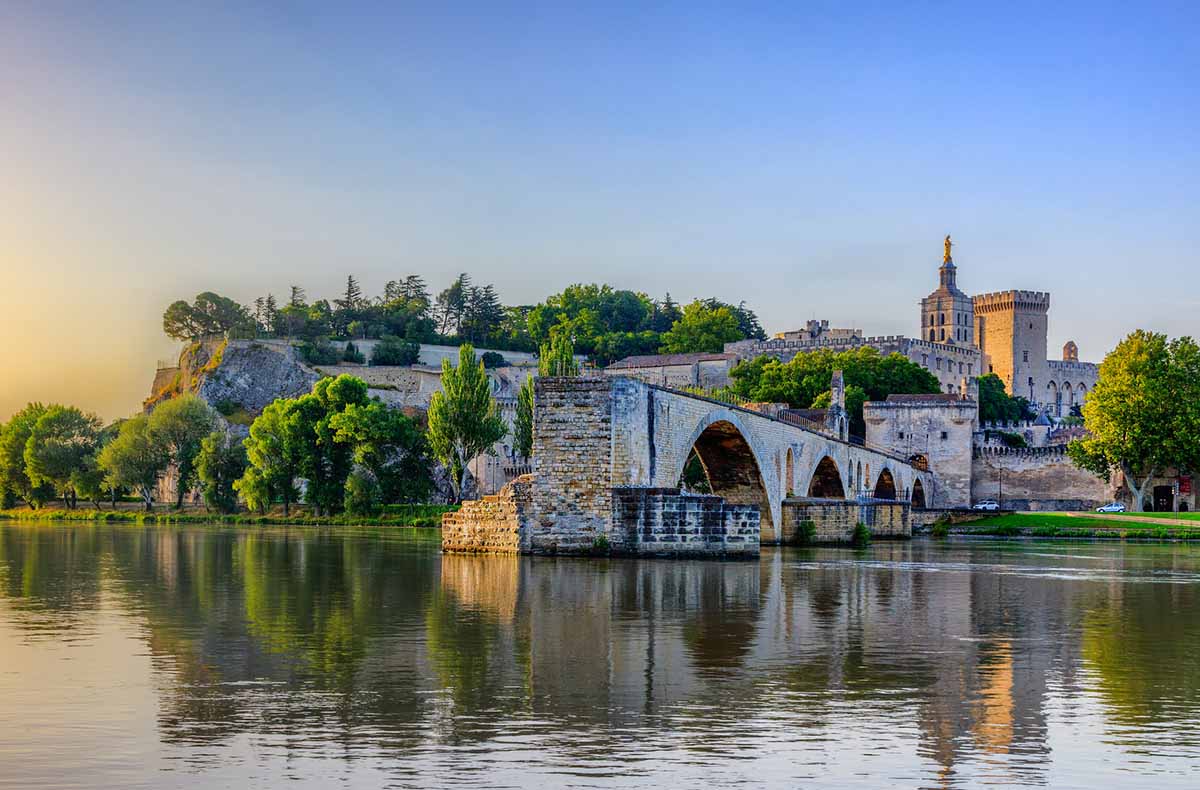
“Brody’s got friends in every town and village from here to the Sudan,” says a defiant Harrison Ford to his Nazi captors in the 1984 classic Indiana Jones and the Last Crusade. “He speaks a dozen languages, knows every local custom. He’ll blend in, disappear. You’ll never see him again.” The words are so exhilarating and delivered with such confidence that you can’t help but chuckle when the camera immediately cuts to a sweaty and besuited Briton bumbling through a Middle Eastern bazaar, in search of anyone who speaks English.
Poor Brody’s predicament is familiar to almost everyone who’s ever set foot in a foreign country with the hope of “blending in.” You might have studied the language in school or read a small library’s worth of guide books on the history and culture. Maybe you have friends there; maybe even family members. Your relationship to your destination could be deep and longstanding and integral to your conception of who you are. Assuming all this is true, chances are good you’re still going to stick out.
That’s not necessarily a bad thing. In most cases it’s simply unavoidable as soon as you open your mouth—or even before. And, unlike Jones’ overconfident assessment of Brody’s adaptability, most people have more realistic ambitions—they’re not hoping the shopkeeper mistakes them for a neighbor, they just want to avoid paying a felonious markup on fridge magnets.
But even if blending in with the locals isn’t an all-consuming obsession, it’s still a source of low-level anxiety for many travelers. Nobody wants to be the Ugly American—or Brit, or Canadian, et cetera—who comes off oblivious at best and offensive at worst. As a result, Doing Stuff Like a Local has become one of the travel industry’s most profitable marketing strategies. To illustrate, look at Barcelona. You can eat like a local before going to shop like a local; you can speak like a local while you hang out like a local. Why not discover the town like a local? Or explore it like a local! Or simply be like a local!
From Airbnb’s authentic local experiences to Atlas Obscura’s unusual adventures (“no big tour buses here”), the opportunities for monetizing travelers’ insecurities are endless. We have a fear of traveling wrong because, living under 21st century capitalism, we’re conditioned to believe we do pretty much everything else wrong too. We eat wrong. We moisturize wrong. We even do hygge wrong. Everyone else has things figured out: they move through the world smoothly, with ease and grace, while we flounder around like Brody, at the mercy of forces we’re too ignorant to understand.
Attempting to blend in with the locals, then, is attempting to impose certainty on the uncertain. This is both reasonable and completely at odds with the nature of traveling. Actually, the impulse is only reasonable if you don’t think about it too hard—because what all these experience-mongers are selling is a very distorted idea of what it means to be a local.
On a Friday night in Barcelona, for example, you’ll often find swarms of hip young people congregating outside the local McDonalds’. You’ll see similar scenes outside Burger Kings and Kentucky Fried Chickens. If you follow a particularly unobservant group of los barcelonés as they head off to continue their evening, you’ll probably see them glued to Google Maps as they try to find a metro station. They might stop to peek at the prices in a display window of the H&M store along the way. And slowly it might begin to dawn on you that the locals are, in many ways, just as basic as you are.
To really experience a place like a local is to experience its mundanity, its drudgery, its traffic jams and bungled restaurant orders and out-of-order bathrooms. Even the biggest authenticity-fetishist would be lying if they said that’s what they love about travel. There’s a reason Emily in Paris never shows anyone trying to take the train home when the SNCF is on strike, though that’s as Parisian as baguettes and the Eiffel Tower.
The irony of the blending in-industrial complex is that it sells us a more cleverly branded version of the thing we’re trying to avoid, namely a tourist-friendly cosplay of adventure. The groups might be smaller and the guides might be less jaded, but ultimately there’s no way to get around the fact that it’s impossible to exist in a place like a local unless you are an actual local.
Again, this isn’t necessarily a bad thing. If the definition of “a local” just means someone who eats at certain restaurants, wears certain clothes, or utters certain phrases, then being a local doesn’t mean much. Just as babysitting a toddler doesn’t make you a parent, taking a curry cooking class doesn’t give you special proximity to Thai-ness. It’s good to expand your horizons through new experiences; it’s also good to recognize the inherent limitations.
One of travel’s greatest blessings is how it gives us an outsider’s eyes, infusing each moment with curiosity and granting us perspectives that we (hopefully) bring home with us when the trip is done. If you’re looking to try on a new identity for a while, why not try that one?



